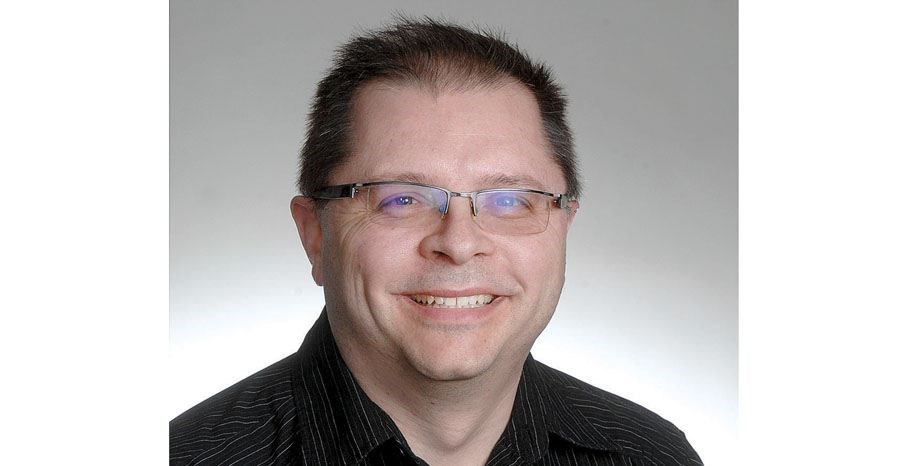By this time next year, Chrystia Freeland may be a household name in Prince George and throughout B.C.
The new federal minister of international trade had two major files land on her desk that will put her front and centre in Justin Trudeau's government.
First, she will be the lead hand on the review of the Trans-Pacific Partnership and her recommendation to ratify it or reject it will be an early defining moment of the post-Harper era. Second, she will be getting to know Christy Clark quite well since a new softwood lumber agreement with the United States, a priority for B.C., will also occupy her time on the international trade desk.
Although she's a Toronto MP, Freeland's roots are in Western Canada. According to her Wikipedia entry, she was born in northern Alberta in the town of Peace River. She's also a graduate of Harvard University who then attended Oxford University on a Rhodes scholarship so she boasts some serious intellectual firepower.
Fortunately, there is more to go by than a Wikipedia entry to get a measure of Freeland. A journalist with the Globe and Mail and then with the Financial Times and Thomson Reuters in New York and London, she is the author of two books.
The title of her most recent book, published the year before she returned to Canada for a successful 2013 run in a byelection in Toronto, was Plutocrats: The Rise of the New Global Super-Rich and the Fall of Everyone Else. If that title isn't insightful enough, the word origin of plutocrat makes it plain - from the Greek "ploutos" for wealth and "kratos" for power.
Reading Plutocrats not only puts Freeland's worldview about wealth and power on full display, it explains Trudeau's campaign promise to impose stiffer taxes on Canada's wealthy while offering tax relief to the middle class.
Freeland attended two of the top schools in the world, giving her access to the upcoming generation of the global elite and then her job as a business and financial journalist solidified that relationship. What she found was the top one per cent and, more importantly, the top 0.1 per cent are accumulating rapidly increasing amounts of wealth and power at the expense of the rest of the world.
She goes to great lengths to show that these are not the robber barons of the late 19th and early 20th centuries in North America, nor are they the aristocratic rich of Europe from the same time period. As the Forbes annual list of billionaires and world's richest people shows, two-thirds of them are self-made, easily outnumbering those who inherited their fortunes.
Most interestingly, many of them are like Mark Zuckerberg, the 31-year-old founder of Facebook. He's worth more than $33 billion US, according to Forbes, but he still has a day job managing Facebook's daily affairs as the company's chief executive officer.
Freeland calls these people and the managers of those billion dollar hedge funds on Wall Street the "working rich."
She emphasizes how globalization is increasingly separating the new elite from everyone else. A multi-million dollar luxury condominium overlooking Central Park in New York City has the same amenities as similar accommodations in London, Mumbai or Shanghai. These plutocrats see each other at the same elite cultural events, exclusive restaurants, top vacation destinations and invitation-only parties around the world. In other words, the super-rich of China and the United States and Europe now have far more in common with one another, starting from childhood, than they do with their own country's citizens.
In the final analysis, Freeland is no hater of capitalism or extreme wealth. She has nothing but praise for the accomplishments of the global elite and the efforts they put in to become rich and build on their fortunes.
Rather, she believes their wealth and power, combined with their increased isolation from the great unwashed masses, is bad for all of society, them and the rest of us.
The tax structure needs to be fixed so the rich pay more, both individually and collectively in proportion to their overall wealth as a class, but governments and their leaders must also engage these wealthy individuals in acts of social responsibility, whether it's through self-imposed limits on their annual income in comparison to their lowest-paid employees or public-private partnerships.
On paper, Freeland is one of the best and brightest in Trudeau's stable. Now let's see if she can deliver on her opportunity to bring about meaningful change.
-- Managing editor Neil Godbout



